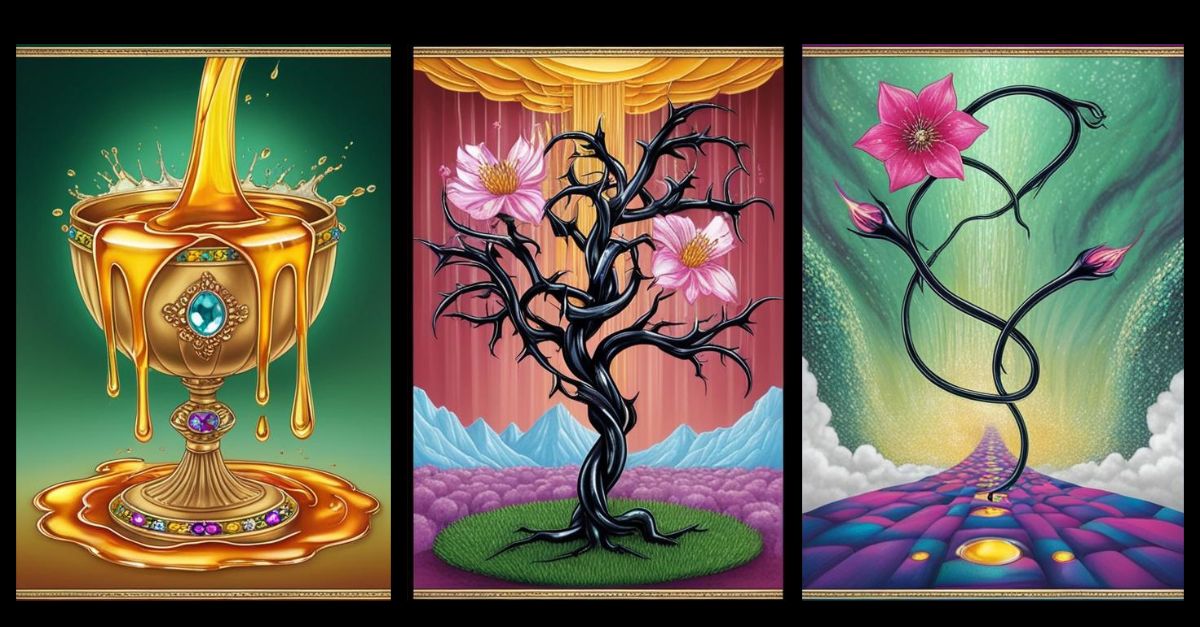Buddhist philosophy teaches that suffering arises from three core afflictions—greed, hatred, and delusion. Known as the Three Poisons, these forces distort perception, shape reactions, and keep people trapped in cycles of dissatisfaction. They do not operate in isolation; they feed into one another, creating patterns that seem impossible to break. Recognizing their influence is the first step toward loosening their grip, but real transformation comes through practice—through shifting responses and cultivating qualities that counterbalance their effects.
Greed is often misunderstood as mere materialism, but its roots run deeper. It manifests as attachment, an endless craving for more—more security, more status, more validation, more comfort. It can drive overwork, lead to possessiveness in relationships, or fuel dissatisfaction by always focusing on what’s missing rather than what’s present. The problem with greed isn’t desire itself, but the illusion that external gains will bring lasting fulfillment. The antidote is generosity, not just in giving to others but in shifting from a mindset of scarcity to one of abundance. Practicing gratitude, offering time or resources freely, and consciously appreciating the present moment all help disrupt the cycle of craving.
Hatred arises from aversion—the instinct to push away anything unpleasant. It takes shape as resentment, bitterness, and intolerance, whether directed at others, oneself, or the world. It’s easy to justify hatred, to believe it’s the natural response to being wronged or to seeing injustice. But hatred doesn’t lead to resolution; it narrows perspective and fuels suffering. The way through is not repression but cultivation of patience and compassion. This doesn’t mean accepting harm or excusing wrongdoing, but rather learning to respond without letting anger dictate the terms. Practices like metta (loving-kindness meditation), self-inquiry into the roots of resentment, and shifting focus toward understanding rather than judgment help weaken hatred’s hold.
Delusion is the trickiest of the Three Poisons because it’s the one people see the least. It shows up as denial, self-deception, or a refusal to acknowledge reality as it is. It keeps people stuck in limiting beliefs, repeating patterns that don’t serve them while blaming circumstances or others. Delusion thrives in avoidance, in the reluctance to examine difficult truths. Clarity is its antidote, cultivated through self-awareness and honest reflection. Mindfulness practices help train attention to notice thought patterns, while seeking out different perspectives challenges the rigid thinking that keeps delusion in place. The more one is willing to sit with discomfort and question long-held assumptions, the easier it becomes to move from illusion to understanding.
Transformation isn’t about eliminating these poisons completely; they will always arise in some form. The goal isn’t perfection but awareness—learning to see when greed is grasping for more, when hatred is shutting down connection, when delusion is clouding perception. This awareness allows for choice, and choice is where real power lies. When the poisons go unrecognized, they dictate thoughts, emotions, and actions. But when they are met with skillful responses, they lose their hold. Each time greed is met with generosity, hatred with compassion, and delusion with clarity, the mind becomes a little freer. Over time, these moments of clarity accumulate, reshaping how life is experienced. This is the heart of self-development—not escaping suffering, but learning to engage with it in ways that lead to deeper peace and understanding.
If you’re ready to deepen your self-awareness and build a personalized toolkit for navigating life’s challenges, schedule a Clarity Call today. Let’s explore the practices that will support your growth and help you move beyond the patterns that keep you stuck.



